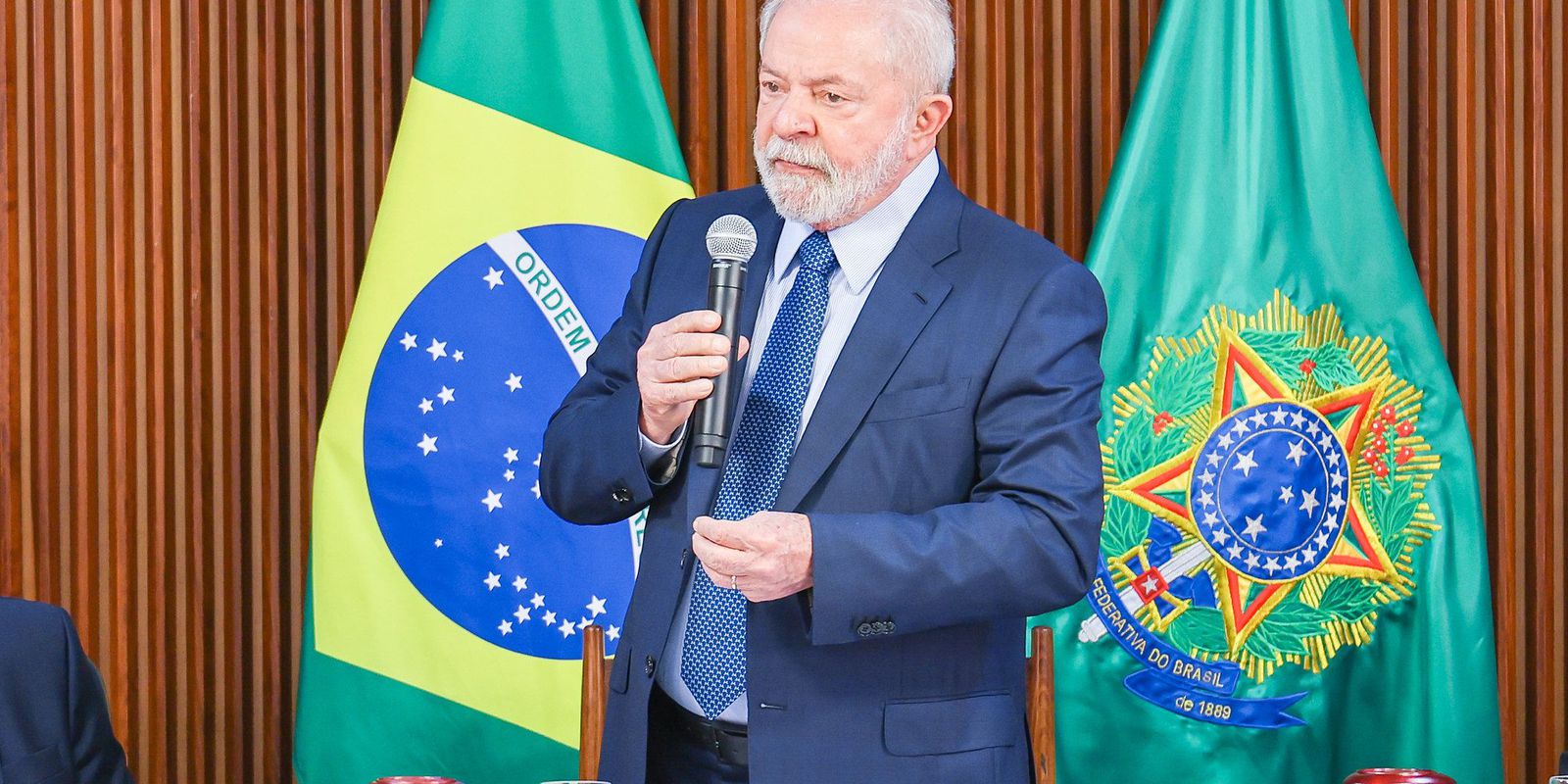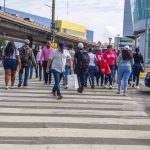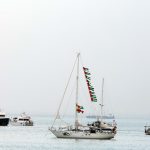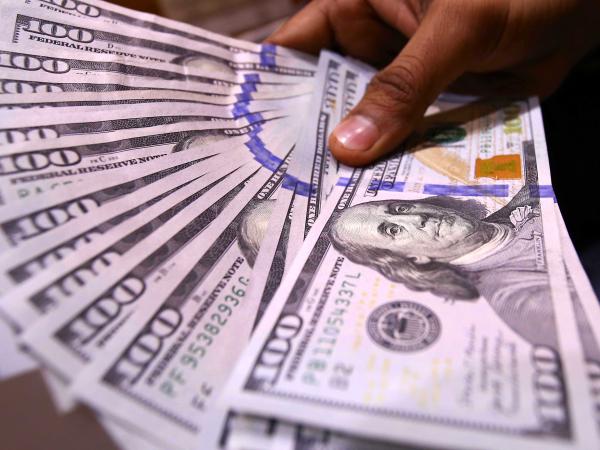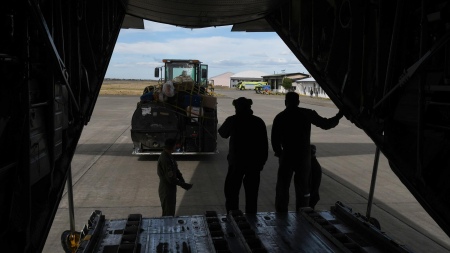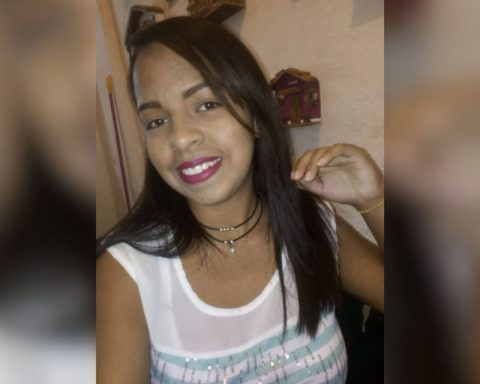President Luiz Inácio Lula da Silva assured this Monday (30) that the Brazilian government will expel the miners from the Yanomami Indigenous Land (TI), in Roraima. According to him, a decree was signed to mobilize federal forces in a clearance mission. The estimate of the Ministry of Indigenous Peoples is that there are more than 20,000 invaders in the protected area.
“The Brazilian State, when it wants to make a decision, it makes it and it happens. There was a time when we removed prospectors from certain places they could not invade. Today, I signed a decree giving powers to the Armed Forces, to the Minister of Defense, to the Ministry of Health. We’re going to take all the necessary steps to put an end to illegal mining, get the prospectors out of there, and we’re going to take care of the Yanomami people, who need to be treated with respect. It’s not possible for anyone to see those images, which I had the opportunity to see last week, and do nothing,” said Lula in a press conference after a bilateral meeting with German Chancellor Olaf Scholz at the Planalto Palace.
Regarding the decree, the Planalto Palace reported that it will be published in tomorrow’s (31st) edition of the Official Gazette (DOU), but denied that it was a Law and Order Guarantee (GLO) decree.
The Yanomami TI is the largest in the country in terms of territory and suffers from the invasion of miners. Contamination of water by mercury used in mining and deforestation impacts on the safety and availability of food in communities.
The president did not set a deadline for completing the withdrawal of the invaders, but highlighted measures already announced by the government. “We decided to make a decision, stop playing around. Whether it will take a day or two, I don’t know. It may take a while, but we’re going to get them out, let’s go. There won’t be any more overflights, we’ll prohibit the barges from transiting fuel”. Lula also spoke about rigor in granting authorizations for mineral research that affects indigenous areas. “And even more, the Mines and Energy agency will not grant authorization for mineral research in any indigenous area. Brazil will once again be a serious and respected country, which respects the Constitution, the laws and, above all, the human rights”.
Lula took the opportunity to criticize the previous president for having stimulated crime in the region. “We had a government that could be treated as a genocidal government. [Bolsonaro] is one of the culprits for that to happen. He was the one who advertised that people had to invade the mine, that they could throw mercury. It’s full of his speech saying that “.
humanitarian crisis
Although indigenous entities and bodies such as the Federal Public Ministry (MPF) have already denounced the lack of assistance to communities in the Yanomami Indigenous Land for a long time, new images of malnourished children and adults, as well as health units crowded with people with malaria and other diseases, drew public attention in recent weeks and motivated the federal government to implement emergency measures to help the Yanomami.
Two weeks ago, the Ministry of Health sent technical teams to Roraima tasked with drawing up a diagnosis of the health situation of the approximately 30,400 indigenous inhabitants of the Yanomami TI. At the time, the initiative was announced as a first step by the federal government to outline, in partnership with civil society institutions, a “new unprecedented strategy by the federal government to reestablish access” for the Yanomami to “quality health”.
When visiting the House of Indigenous Health (CASAI) of Boa Vistawhere the Yanomami who need hospital care are taken, and the base poles of Surucucu and Xitei, inside the indigenous reserve, the technicians came across children and elderly people in a serious state of health, with severe malnutrition, in addition to many cases of malaria, acute respiratory infection (ARI) and other diseases.
emergency measures
Five days after the teams began work on site, the ministry declared Public Health Emergency of National Importance and created the Public Health Emergency Operations Center (COE-Y), responsible for coordinating the measures to be implemented, including the distribution of resources to restore services and articulation with state and municipal managers of the Unified Health System (SUS).
On the last 21st, the President of the Republic, Luiz Inácio Lula da Silva and several members of the federal government, such as the Ministers of Health, Nísia Trindade, and of Indigenous Peoples, Sônia Guajajara, went to Boa Vista, where they visited Casai. The president promised to involve several ministries to overcome the serious health crisis and, on the same day, Brazilian Air Force (FAB) planes transported around 1.26 tons of food to be distributed to the Yanomami communities. In the last four years, at least 570 children have died from malnutrition and treatable diseases such as malaria.
On the last day (24), professionals from the National Force of SUS began to reinforce the service at the Support House for Indigenous Health (Casai) in Boa Vista. At the request of the Ministry of Justice and Public Security, the PF launched, on the 25th, an inquiry to investigate the possible practice of genocide, omission of assistance, environmental crimes, in addition to other illegal acts. against the Yanomami. In the past four years, at least 570 children have died from malnutrition and treatable diseases such as malaria.
On Friday (27), the first field hospital set up by the Brazilian Air Force (FAB) in the state capital started to workwith thirty military health professionals caring for part of the patients transferred from the indigenous land, about a two-hour flight away.
